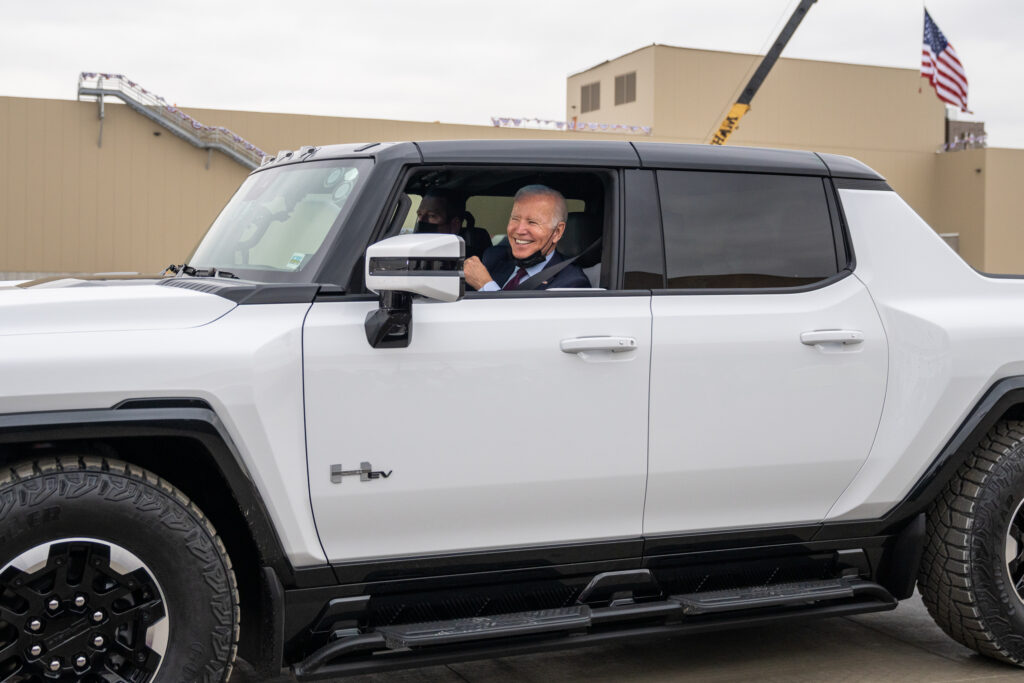The Peninsula
2023 in Review: Korea and the Inflation Reduction Act

In April 2023, provisions in the Inflation Reduction Act (IRA) went into effect regarding standards for battery components and critical mineral materials. This had been the source of significant uncertainty for Korean electric vehicle (EV) makers and their suppliers as Korean companies were subsequently left off the list of eligible vehicles for the Section 30D $7,500 clean vehicle credit.
But some portions of the IRA have boded well for Korean companies. Prior to the start of the year, Treasury’s guidance on commercial vehicles meant that many Korean EV models became eligible for the credit under the Section 45W portion of the IRA—provided they were leased. As a result, Korean EV models manufactured outside of the United States, such as the Hyundai Ioniq, Hyundai Kona, Hyundai Nexo, Kia EV6, and Kia Nero Electric became qualified, and leasing rates for Korean EV models in the U.S. market skyrocketed—jumping from 2 percent to 40 percent in a four-month time frame.
Treasury’s updated guidance in 2023 had also classified cathode and anode battery materials as “critical minerals.” This benefited Korean battery manufacturers, enabling them to be eligible suppliers for Biden’s EV push by exporting their batteries as such. However, Treasury has subsequently determined that no battery components can originate from “foreign entities of concern.” This means that starting in 2024 for batteries and 2025 for critical minerals, likely no inputs can come from any Chinese companies or Korean companies with which Chinese entities have a 25 percent or more stake in. This is complicated by the fact that China produces 97 percent of the world’s graphite and 93 percent of the world’s manganese for electric vehicle batteries, the former of which it placed tight export restrictions on in October.
China issues notwithstanding, provisions added to the IRA this year have answered questions about Korea’s role in the United States’ green energy transition. Treasury’s updated guidance has since allowed for critical minerals agreements—such as the one the United States signed with Japan in March—to qualify for the “free trade agreement partner” sourcing component in the IRA. Thanks to this component, Korea could possibly expand their sources of critical minerals under the IRA if the United States enters into agreements with major suppliers for Korean battery makers, like Argentina or Indonesia—something that could potentially be discussed under the auspices of the Minerals Security Partnership or the Indo-Pacific Economic Framework’s Critical Minerals Dialogue.
Moreover, Korean companies could still potentially partner with Chinese companies on projects relating to solar energy, wind, batteries, and other green projects in the United States due to guidance on the Section 45X Advanced Manufacturing Production Credit released this month. The new guidance did not include any foreign company restrictions for Section 45X, potentially leaving room for Chinese partnerships—although legislative measures aiming to restrict such investments have since been introduced.
Ultimately, meeting the Biden administration’s push for electric vehicles will necessitate a complete re-sourcing of supply chains for vehicles to fulfill criteria for the IRA’s production and purchase subsidies. Additional rules may need to accommodate for alternative sources of critical minerals like graphite and manganese, or a good portion of U.S.-manufactured EVs may not be fully eligible under Section 30D when the critical minerals guidance kicks in in 2025. For Korea’s part, their status as a U.S. free trade agreement partner may be just what they need to gain the benefits from the IRA, as they invest heavily in vehicle and battery manufacturing facilities in the United States. In whatever occurs next, their partnership is too big to be forgotten.
Tom Ramage is an Economic Policy Analyst at the Korea Economic Institute of America. The views expressed here are the author’s alone.
Photo from President Biden’s official account on X.
